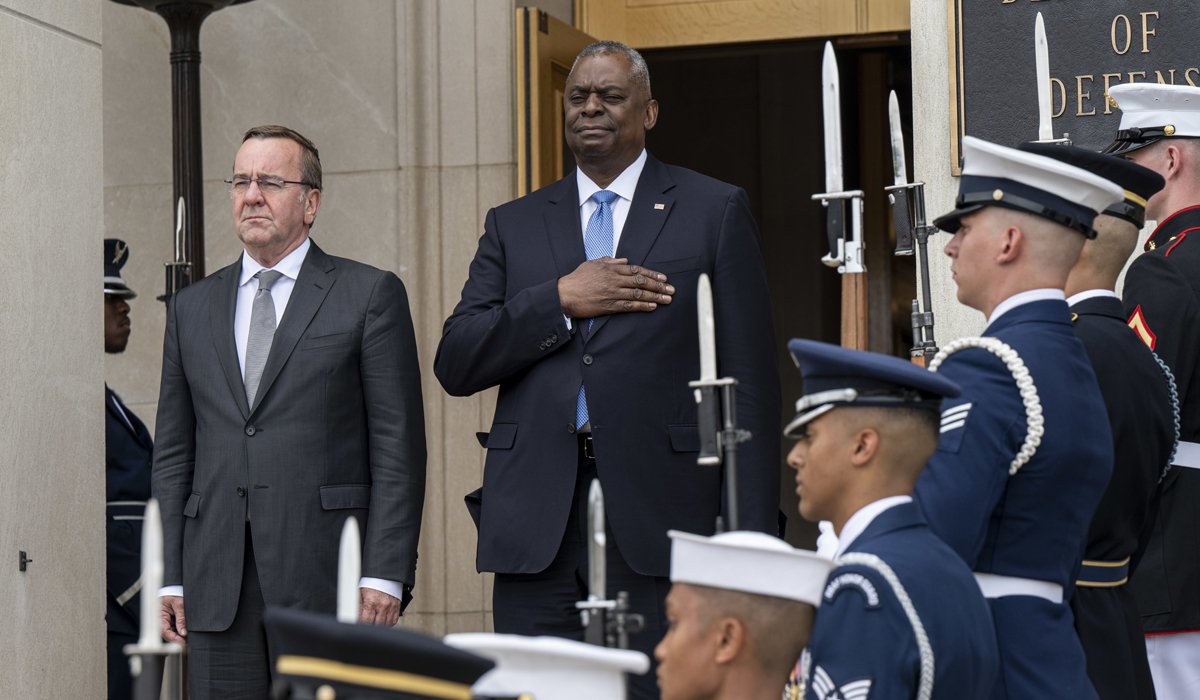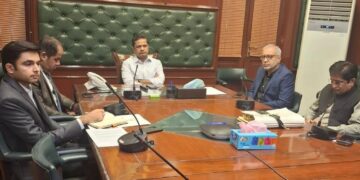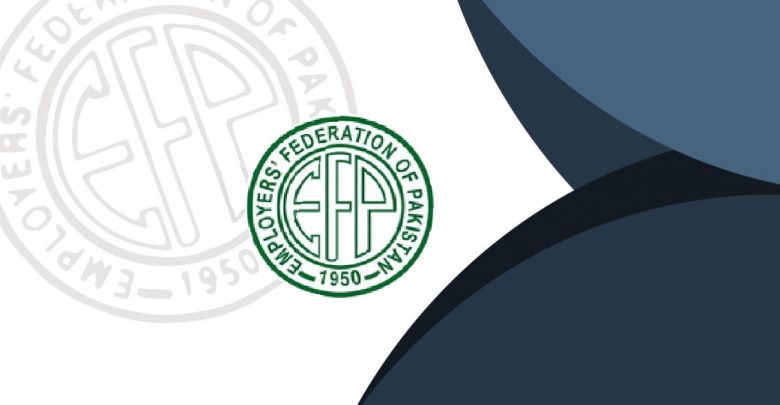Secretary of Defense Lloyd J. Austin III and German Defense Minister Boris Pistorius pledged to continue their close partnership in supporting Ukraine and defending their countries’ shared values.
The two leaders met at the Pentagon during Pistorius’ first official visit to Washington as defense minister.
Austin noted that the Pentagon meeting marked his counterpart’s first official visit to the U.S., remarking that he and Pistorius have seen a lot of each other lately — including at recent meetings of the NATO defense ministers and the Ukraine Defense Contact Group.
Spotlight: NATO
“And that’s especially important during this dangerous time for European and global security,” Austin said. “Russia has launched a cruel and unprovoked invasion of its peaceful neighbor, Ukraine. But Germany has committed itself to supporting … Ukraine’s sovereignty and its right to live in freedom.”
The U.S. has pledged to stand with Ukraine for as long as necessary to defend against Russia.
Toward that end, the Biden administration has committed more than $40.5 billion in security assistance to Ukraine since Russia’s invasion began in February 2022. The U.S. also leads an alliance of more than 50 countries in rallying behind Ukraine through the contact group.
Austin praised Germany for its contributions to Ukraine’s defense forces.
“As Russia continues to direct this war of choice, I appreciate everything that Germany has done to strengthen Ukraine’s capability,” Austin said. “Your security assistance and training contributions for Ukraine’s defenders have been invaluable, and we must keep pushing hard to help Ukraine succeed.”
Spotlight: Support for Ukraine
Austin said Ukraine is at a “key moment” in its fight for sovereignty, and he welcomed discussion with Pistorius on how the U.S. and Germany can meet the urgent challenges ahead.
In May, Germany announced 2.7 billion euros in military aid for Ukraine, including dozens of Leopard tanks, air defense systems and armored personnel carriers among other items.
Pistorius said that Germany, a country that once was on NATO’s eastern-most flank, has a “special responsibility” to continue to defend the alliance.
Beyond Ukraine, Austin said he looked forward to discussing “other key issues in our bilateral defense relationship and ways that we can do even more together.”
Spotlight: Focus on Indo-Pacific
He also said that discussion would include ways the U.S. and Germany can work together to demonstrate their “shared commitment to a free and open Indo-Pacific.”



















